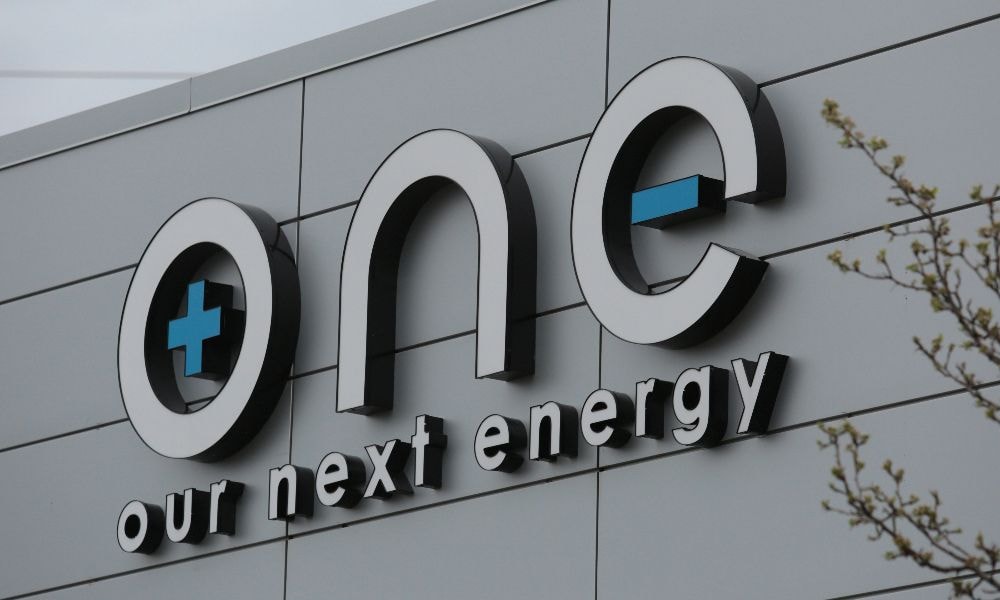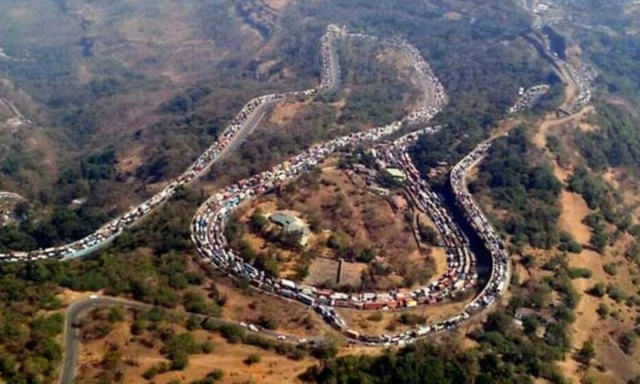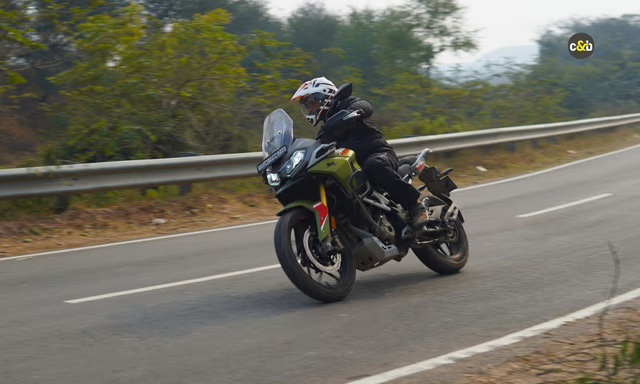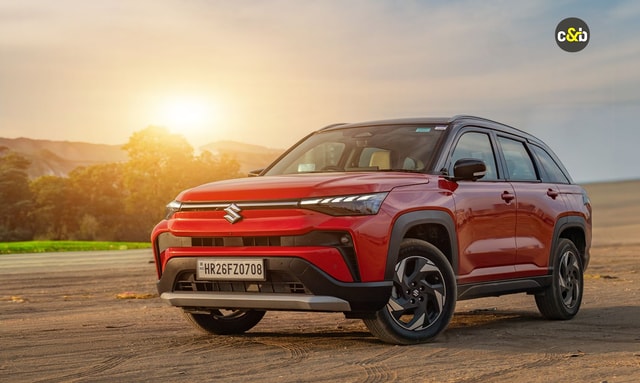Battery Startup ONE Aims To Slash Cell Cost, Deliver 600-Mile Range

Michigan-based startup Our Next Energy has unveiled a new anode-free battery pack designed to slash cell cost as much as 50% while delivering up to 600 miles (965 km) of driving range, the company said Tuesday.
The young company hopes to begin producing its Gemini pack at a new 20-gigawatt-hour U.S. manufacturing plant in 2026, founder and Chief Executive Mujeeb Ijaz said in an interview.
Other battery companies are developing anode-free designs, but ONE’s Gemini battery appears to be unique in that it uses cells with two different cell chemistries, including one for everyday driving and a second to extend driving range on longer trips.
The secret sauce is in Gemini’s large-format range-extender cells. While the standard cells use relatively conventional lithium iron phosphate cathodes and graphite anodes, the range-extender cells are anode-free, which eliminates the use of graphite and anode-making equipment.
The cathodes are designed to use a unique blend of lithium and manganese and a much lower percentage of nickel, while eliminating cobalt, according to Ijaz.
“It has been my long-term aspiration to eliminate both nickel and cobalt,” Ijaz said of two key cathode materials in most current electric vehicle batteries that are more expensive and less sustainable than such common materials as manganese.
While the lithium-rich manganese nickel cathodes are still being refined, the current version of the range-extender cells uses cathodes made of nickel, cobalt and manganese.
By eliminating the anode in those cells, ONE says it can slice the cell cost in mass production by $50 per kilowatt-hour — a significant savings over current costs estimated at $100-$110 per kWh.
“Our goal is to launch the Gemini battery in 2026 with zero cobalt and 26% nickel or less, using manganese as the primary cathode material,” Ijaz said.
ONE's Gemini battery will be displayed Sept. 13-15 at The Battery Show in Novi, Michigan.
Latest News
 car&bike Team | Feb 25, 2026Over 1 Lakh Motorists to Get Toll Refund After Major Mumbai-Pune Expressway DisruptionMSRDC will refund Rs 5.16 crore in tolls to motorists affected by the Expressway Tanker Incident, which occurred earlier this month.1 min read
car&bike Team | Feb 25, 2026Over 1 Lakh Motorists to Get Toll Refund After Major Mumbai-Pune Expressway DisruptionMSRDC will refund Rs 5.16 crore in tolls to motorists affected by the Expressway Tanker Incident, which occurred earlier this month.1 min read car&bike Team | Feb 24, 20262026 KTM 250 Duke, 200 Duke Updated With New Colour OptionsThe 250 Duke gets two new colour options while the 200 Duke gets one.2 mins read
car&bike Team | Feb 24, 20262026 KTM 250 Duke, 200 Duke Updated With New Colour OptionsThe 250 Duke gets two new colour options while the 200 Duke gets one.2 mins read car&bike Team | Feb 24, 2026Mercedes-Benz CLA Electric Debuts In India: Bookings Open March 10This is the first time the CLA nameplate will be offered in an electric derivative with the EV claimed to offer 792km WLTP range.3 mins read
car&bike Team | Feb 24, 2026Mercedes-Benz CLA Electric Debuts In India: Bookings Open March 10This is the first time the CLA nameplate will be offered in an electric derivative with the EV claimed to offer 792km WLTP range.3 mins read car&bike Team | Feb 24, 2026Jeep Wrangler Willys 41 Special Edition Reintroduced: Priced At Rs 70.31 LakhThe Wrangler in this edition wears a military green paint scheme and is limited to just 41 units across India.1 min read
car&bike Team | Feb 24, 2026Jeep Wrangler Willys 41 Special Edition Reintroduced: Priced At Rs 70.31 LakhThe Wrangler in this edition wears a military green paint scheme and is limited to just 41 units across India.1 min read Jafar Rizvi | Feb 24, 2026New-Gen Toyota Fortuner Spied For The First TimeThe existing Toyota Fortuner has completed nearly a decade in India, and we could expect the new-gen SUV to make its India debut in 2027.3 mins read
Jafar Rizvi | Feb 24, 2026New-Gen Toyota Fortuner Spied For The First TimeThe existing Toyota Fortuner has completed nearly a decade in India, and we could expect the new-gen SUV to make its India debut in 2027.3 mins read Jaiveer Mehra | Feb 23, 2026Skoda Kushaq Facelift Production Commences Ahead Of LaunchThe facelifted Kushaq made its global debut last month with deliveries set to commence from March 2026.1 min read
Jaiveer Mehra | Feb 23, 2026Skoda Kushaq Facelift Production Commences Ahead Of LaunchThe facelifted Kushaq made its global debut last month with deliveries set to commence from March 2026.1 min read
 Preetam Bora | Feb 24, 2026Hero Destini 110 Review: Simplicity, RefinedThe Hero Destini 110 is a no-nonsense commuter that is simple, comfortable and above all, fuel efficient. In 2026, when buyers are spoilt for choice, is it good enough to consider?1 min read
Preetam Bora | Feb 24, 2026Hero Destini 110 Review: Simplicity, RefinedThe Hero Destini 110 is a no-nonsense commuter that is simple, comfortable and above all, fuel efficient. In 2026, when buyers are spoilt for choice, is it good enough to consider?1 min read Preetam Bora | Feb 23, 2026TVS Apache RTX Road Test Review: Redefining the Entry-Level ADVAfter spending some time with the TVS Apache RTX in traffic, the daily commute, as well as on open highways, one thing becomes clear: the RTX is trying to redefine the entry-level ADV segment. But is it without fault?1 min read
Preetam Bora | Feb 23, 2026TVS Apache RTX Road Test Review: Redefining the Entry-Level ADVAfter spending some time with the TVS Apache RTX in traffic, the daily commute, as well as on open highways, one thing becomes clear: the RTX is trying to redefine the entry-level ADV segment. But is it without fault?1 min read Girish Karkera | Feb 20, 2026Road Test: 2025 VinFast VF7 AWD Sky InfinityFlagship all-electric SUV from the Vietnamese car maker gets most of the basics right.1 min read
Girish Karkera | Feb 20, 2026Road Test: 2025 VinFast VF7 AWD Sky InfinityFlagship all-electric SUV from the Vietnamese car maker gets most of the basics right.1 min read Jaiveer Mehra | Feb 18, 2026New BMW X3 30 Vs Mercedes-Benz GLC 300: Midsize Luxury SUV FaceoffWith the new X3 30, BMW has a direct competitor to the petrol GLC 300, but which is the luxury SUV for you?1 min read
Jaiveer Mehra | Feb 18, 2026New BMW X3 30 Vs Mercedes-Benz GLC 300: Midsize Luxury SUV FaceoffWith the new X3 30, BMW has a direct competitor to the petrol GLC 300, but which is the luxury SUV for you?1 min read Jafar Rizvi | Feb 15, 2026Maruti Suzuki Victoris: Long-Term Review - Report 1The Victoris is Maruti’s latest offering for the Indian market, and after spending some time with it, here are a few early impressions.1 min read
Jafar Rizvi | Feb 15, 2026Maruti Suzuki Victoris: Long-Term Review - Report 1The Victoris is Maruti’s latest offering for the Indian market, and after spending some time with it, here are a few early impressions.1 min read























































































































